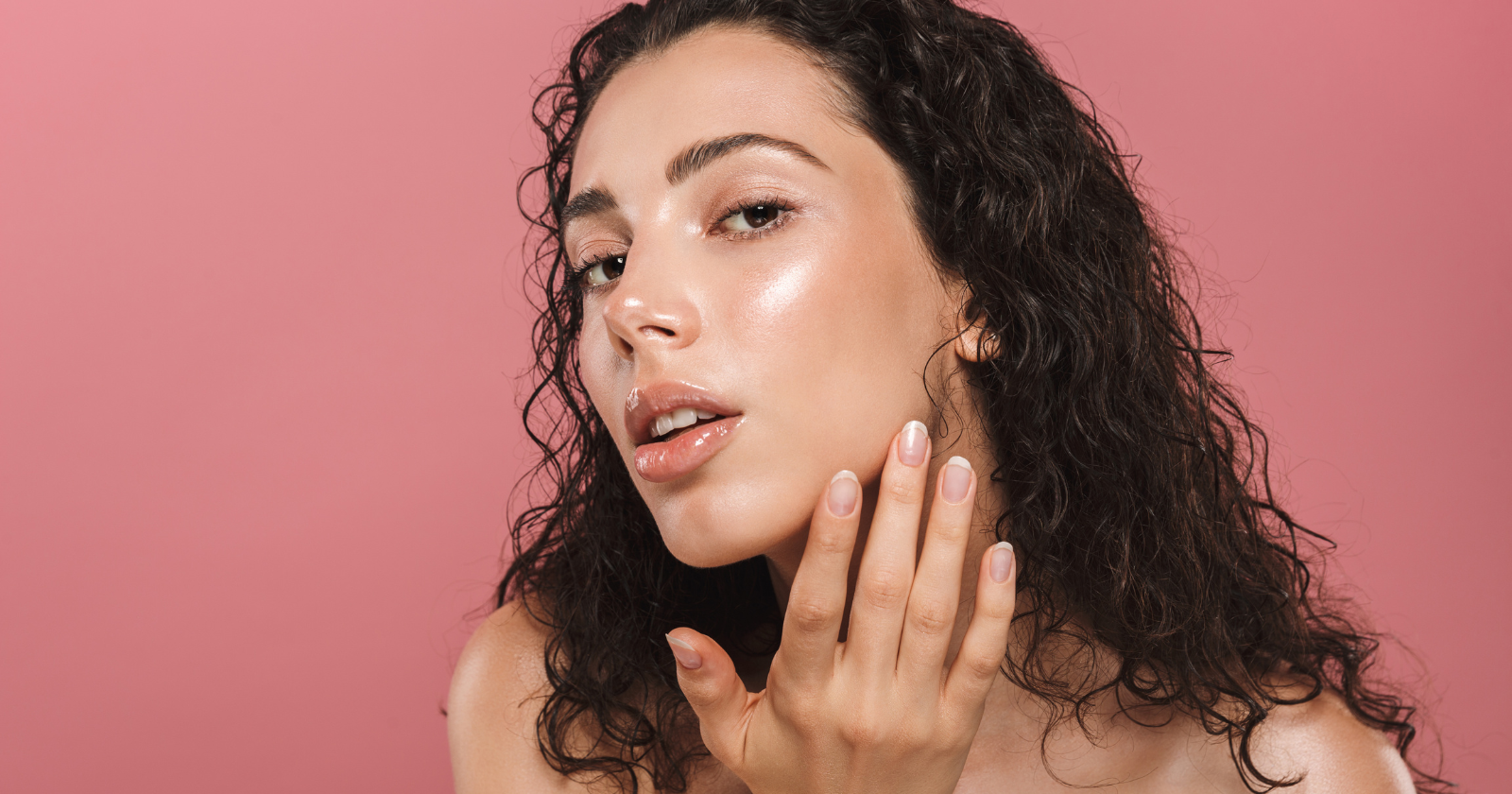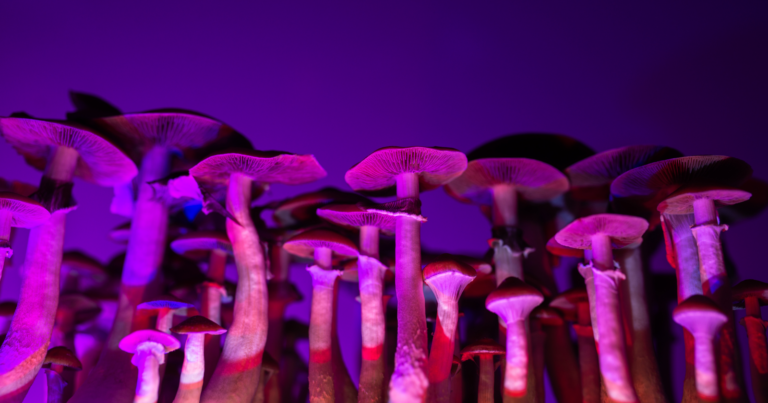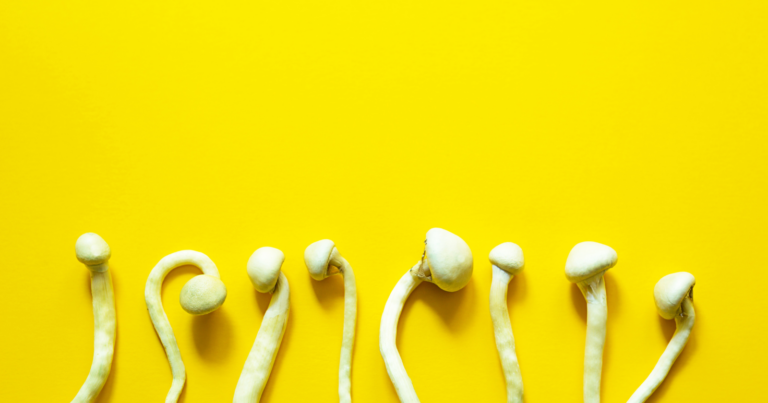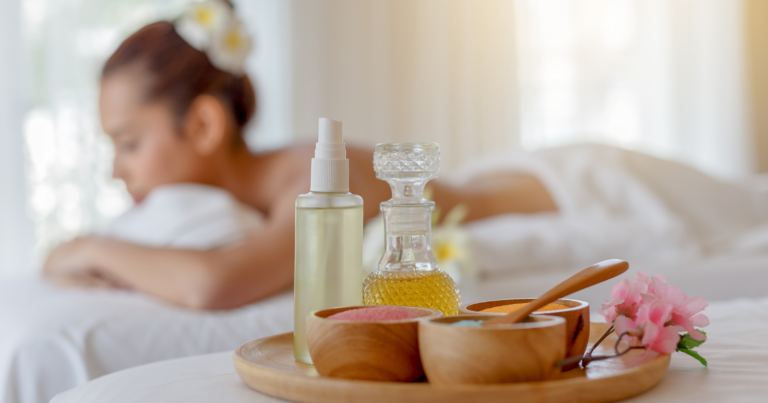We’ve all been there, right?
You’re staring at your reflection in the mirror, scrutinizing every last detail of your skin.
You’ve tried all the latest products, and gone through countless jars of creams and bottles of serums, but still no result.
Sure, some of them worked for a while, but then it’s back to square one.
Trust me, it’s not always about what’s new and trending. Sometimes, the answer lies in the ancient wisdom passed down through generations.
In this article, we’ll explore those time-honored secrets — the power of ancient healing herbs for skin care routines. Get ready to rediscover the magic of nature and give your skin the nourishment it truly deserves.
1) Chamomile: The soother
The most enchanting herb in ancient skin care is undoubtedly chamomile.
This dainty flowering plant, famous for its calming tea, holds a treasure trove of benefits for the skin.
Chamomile is packed with antioxidants that help reduce inflammation, soothe irritation, and promote faster healing of minor wounds.
Its potent anti-inflammatory properties make it a popular choice for those with sensitive or acne-prone skin.
The beauty of chamomile lies in its versatility.
What I mean here is that you can incorporate it into your skincare routine in various ways – as a soothing face mask, a gentle cleanser, or even as a calming facial mist.
What’s even more impressive is that chamomile is also renowned for its ability to brighten the skin and reduce the appearance of dark spots and under-eye circles.
That’s why I advise you to add Chamomile to your daily skincare routine and see how it can nourish your skin.
2) Aloe vera: The ancient healer
Let’s move on to a classic, shall we?
Aloe vera is a plant that has been used for centuries, especially in Ayurvedic medicine.
Historically, it was known as the “plant of immortality” by the ancient Egyptians, and for good reason.
The thing is that this succulent plant is loaded with beneficial nutrients such as vitamins A and C, enzymes, and antioxidants that help to protect and nourish the skin.
Simply put, it’s packed with beneficial properties that our skin just can’t get enough of.
Aloe Vera is especially known for its healing properties. In particular, it’s an excellent remedy for soothing sunburns, healing wounds, and alleviating skin irritations like rashes or insect bites.
One of the less-known but equally potent benefits of Aloe vera is its ability to fight acne.
The reason is that it contains two hormones – Auxin and Gibberellins – that provide wound healing and anti-inflammatory properties that reduce skin inflammation.
Think about it, if it’s been around and used for so long, there must be something to it, right?
Just a little bit of Aloe Vera incorporated into your skincare routine can make a world of difference. And the best part?
It’s all natural and gentle on the skin. And who doesn’t want that?
3) Lavender: The Unexpected skin ally
When you think of Lavender, the first thing that probably comes to mind is its mesmerizing scent.
But did you know that this fragrant herb holds a secret weapon for your skincare routine?
Yes, you read that right!
Lavender, beloved for its calming fragrance, is actually a powerhouse of skin benefits. It’s rich in antioxidants which shield your skin from damaging free radicals – the culprits behind premature aging and dullness.
Moreover, Lavender has antiseptic and anti-inflammatory properties that can aid in treating acne and reducing skin inflammation.
But here’s where it gets interesting:
Unlike most herbs, Lavender also has a unique ability to alleviate stress and promote good sleep.
Now, you might wonder how this relates to skin care.
Well, stress and lack of sleep are major contributors to skin problems like acne and premature aging. By helping you relax and sleep better, Lavender indirectly supports healthier skin.
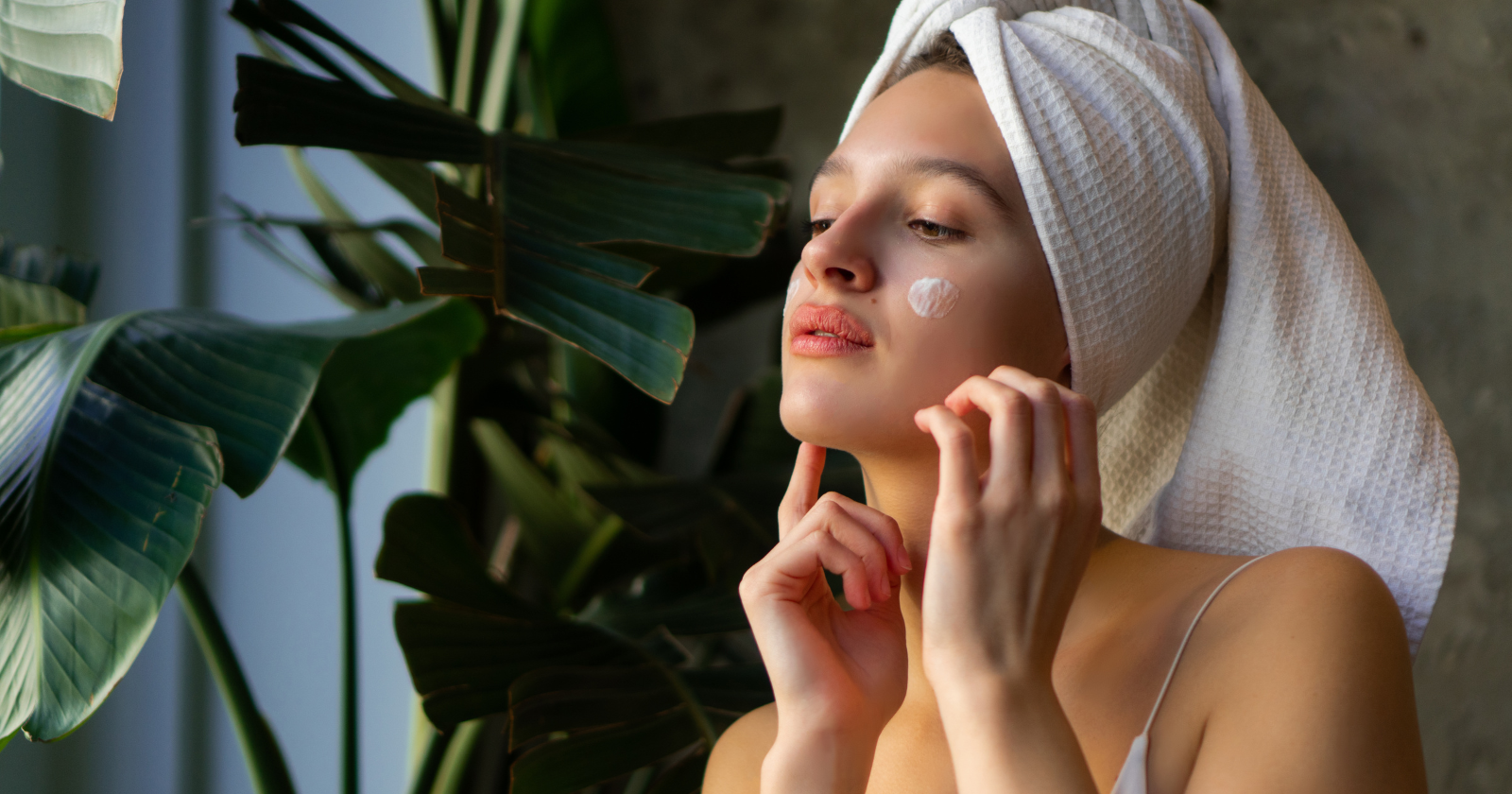
4) Witch hazel: The skin toner
Ever wondered about a natural and effective way to tone your skin?
Look no further than Witch Hazel.
This ancient herb is a time-honored solution for a variety of skin issues, owing to its potent astringent properties.
Witch Hazel owes its power to a compound called tannins, which, when applied to the skin, can help reduce swelling, repair broken skin, and fight bacteria.
This makes it perfect for minimizing pores and controlling oil production – the key to a well-toned and balanced complexion.
But there’s more to Witch Hazel than just skin toning.
This versatile herb is also known for its powerful anti-inflammatory effects, making it an excellent choice for soothing irritated skin or reducing the redness associated with acne.
So, if you’re seeking a natural solution for toning your skin while tackling other skin concerns, incorporating Witch Hazel into your routine could be just the ticket.
5) Calendula: The skin revitalizer
Calendula, commonly known as Marigold, is a staple in ancient skin care practices.
This vibrant flowering plant is celebrated for its multitude of benefits, primarily its skin revitalization properties.
To be more precise, Calendula is a treasure trove of:
- Antioxidants
- Anti-inflammatory compounds
- Antiviral properties
- Antibacterial agents
This potent blend of properties makes Calendula an excellent choice for combating a variety of skin issues. It can help soothe skin irritations, heal wounds, and reduce inflammation.
What’s more, Calendula also encourages skin tightness and improves overall skin texture, making it an effective solution for aging skin.
Therefore, using calendula in your skincare routine means that you’re opting for a natural and powerful means to rejuvenate and restore your skin’s health.
6) Rosemary: The complexion enhancer
Rosemary, beyond its culinary uses, holds a special place in ancient skin care routines.
I’ve often marveled at the powerful properties of this humble herb, and for good reason.
Rosemary is rich in antioxidants and anti-inflammatory compounds that help to improve circulation and infuse the skin with a natural glow.
Note that it’s especially beneficial for oily and acne-prone skin, as it helps to balance oil production without stripping the skin of its natural moisture.
Besides, recently I’ve read that Rosemary also has potent anti-aging properties. It aids in tightening sagging skin and reducing the appearance of fine lines and wrinkles.
7) Neem: The skin protector
Imagine a herb that has been hailed as a ‘village pharmacy’ due to its wide array of health benefits.
That’s Neem — an ancient herb that has been a part of traditional medicine for over 5000 years.
Famed for its purifying and antibacterial properties, Neem is a potent ally for skin health. It’s particularly effective in treating skin conditions like acne, psoriasis, and eczema.
You might ask, “How does it work?”
Neem leaves contain compounds called limonoids, which provide impressive antiviral, antifungal, and antibacterial properties. These compounds help to treat skin infections and improve overall skin health.
But let me share a little secret:
When I first started using Neem in my skincare routine, I was amazed by its ability to ward off pesky insects.
Yes! Neem also acts as a natural insect repellent.
8) Discovering the wonders of Turmeric
Now, let me share with you a game-changer in my skincare routine.
Turmeric. Yes, that vibrant yellow spice that’s been a staple in Indian cuisine and medicine for centuries.
For years, I struggled with uneven skin tone and dark spots.
I tried everything – from expensive creams to painful peels – but nothing seemed to work. Until turmeric entered the scene.
I started using a homemade turmeric face mask twice a week.
Just plain Greek yogurt, a spoonful of honey, and a teaspoon of turmeric. Simple, yet so effective.
Within a couple of weeks, I started noticing changes.
My skin tone was evening out, and those stubborn dark spots were fading away.
Trust me, it was astonishing how this ancient spice transformed my skin. It’s proof that sometimes, the old ways are still the best ways.
9) Tea tree: The skin warrior
Finally, let’s talk about the mighty Tea Tree.
This Australian native plant has a long history of being used by the indigenous people for its medicinal properties.
Tea tree oil is renowned for its powerful antibacterial and anti-inflammatory properties, making it an effective treatment for acne-prone skin.
It works by penetrating into the skin to unblock the sebaceous glands, disinfect pores, and dry out whiteheads, blackheads, pimples, and other blemishes.
But the benefits of Tea Tree extend beyond just acne treatment. It can also help in soothing skin irritations, reducing redness and swelling, and promoting wound healing.
In essence, adding tea tree oil to your skincare routine can significantly improve your skin health, tackling a range of issues from acne to inflammation.
Final thoughts: Embracing nature’s wisdom
As we close this exploration into the world of ancient healing herbs for skincare, it’s clear that these time-honored remedies offer a wealth of benefits.
Each herb we’ve discussed holds unique properties that can revitalize and nourish our skin in ways that many modern products can’t match.
But it’s not just about the individual herbs.
You just need to embrace a philosophy of skincare that aligns with nature, respects our bodies, and honors the wisdom of our ancestors.
No, this transformation won’t happen overnight. It takes time to understand how these herbs work best for your skin.
But as you embark on this journey, remember you’re not alone. There’s a whole community of natural skincare enthusiasts out there, ready to share their knowledge and experiences.


